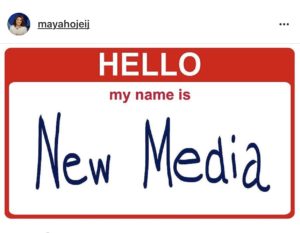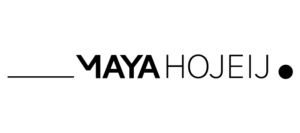The biggest shocker of the week was knowing that we can now be held accountable for the images we publish even if we are only linking our articles, blogs, posts, tweets, etcetera, to them.

A United States district judge, Kathrine Forrest, ruled that when publishers embed tweets containing a copyrighted image, they can be liable for infringement. This made the ecosystem go wild, and everyone started having many questions and concerns, this ruling could be appealed later on, true, but what if it was to stay? And become adopted by other judges, it could certainly change the way online publishing works.
Our rights to display and link content are in question now, because it’s a fact that much of what we publish is connected through embedded blogs, articles and social media. Also, this brings up another question, will the platforms finally be controlled?
Will we still be able to share information, or will you eventually have to get my permission before retweeting my tweet?
The whole idea of influencing and the concept of going viral when content is being posted by several different users conveying the fact that many of us use their own account to publish other peoples’ pictures, has been disrupted. How do we ensure that every item is copyrighted correctly, and that we are not in violation of someone’s rights, or copyrights? And do personal photos count? If I post your picture on my snap account who’s right would that picture be?
Are we going to start following people with cameras, I mean; with smart phones, to check whether they are in violation of copy right, or will you own the picture that you take still, even if you are not the person in the picture?
There was a lot of talk recently about making the entity hosting the content liable and not the one linking to it, and suddenly these become old rules, or maybe old dreams.
Early last year, Facebook co-founder and CEO Mark Zuckerberg admitted in an essay he wrote, that Facebook’s original goal of bringing the world together and connecting everyone, might have been a little faulty and did not take into consideration the world we live in and the realities of it. If you want to create a platform for the global audience to be connected on, then you are probably going to fail, and being selective in what you keep and what you take of your platform might someday come back to haunt you advertising your failure in being available for everyone.
Other platforms might soon follow the Facebook example and be held accountable for more than fake news and selective publishing.
In my opinion, the more connected we are the more isolated we become, fearing our every online step.


